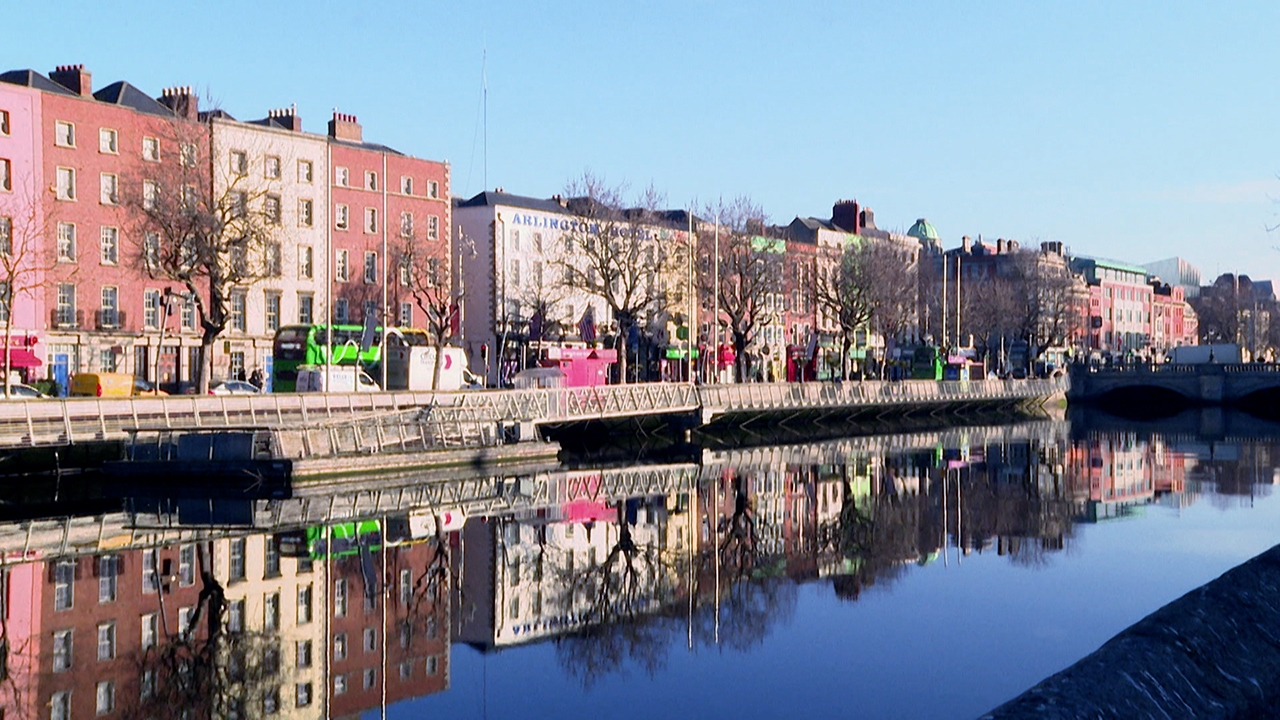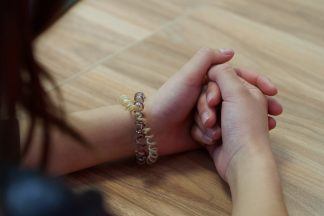I went to the Republic of Ireland to see how the gender self-declaration scheme works.
Scotland wants to base its new model largely on what’s been happening there – instead of a lengthy process involving medics, trans people can get a Gender Recognition Certificate (GRC) within weeks.
Out of a population of more than five million, 867 people in Ireland have legally changed their gender by self-declaration. A tiny number – but the impact of the legislation on the transgender community is vast.
Being able to have a passport, birth certificate, bank account in the correct name and gender stops trans people having to ‘out’ themselves when they’re travelling, or when they’re applying for things such as jobs and car insurance.
It also means their gender is recognised by the state, reducing incidents of discrimination and transphobia, which many people believe Scotland’s current model legitimises.
But the most important part of this legislation is the element of self-determination. Not having to ‘prove’ who you are in front of a panel of experts, and instead being able to say who you are, has made life far easier for the Irish trans community. It’s created a greater sense of acceptance.
In Dublin, I spoke to a number of people. I could not find any evidence of the legislation leading to men falsely declaring themselves female to invade women-only spaces, as some feminist activists have feared.
For everyone who doesn’t need the rights contained in this act, life has continued as it always did. But for the people who need to exercise these rights, it’s been life-changing.

 STV News
STV News

























